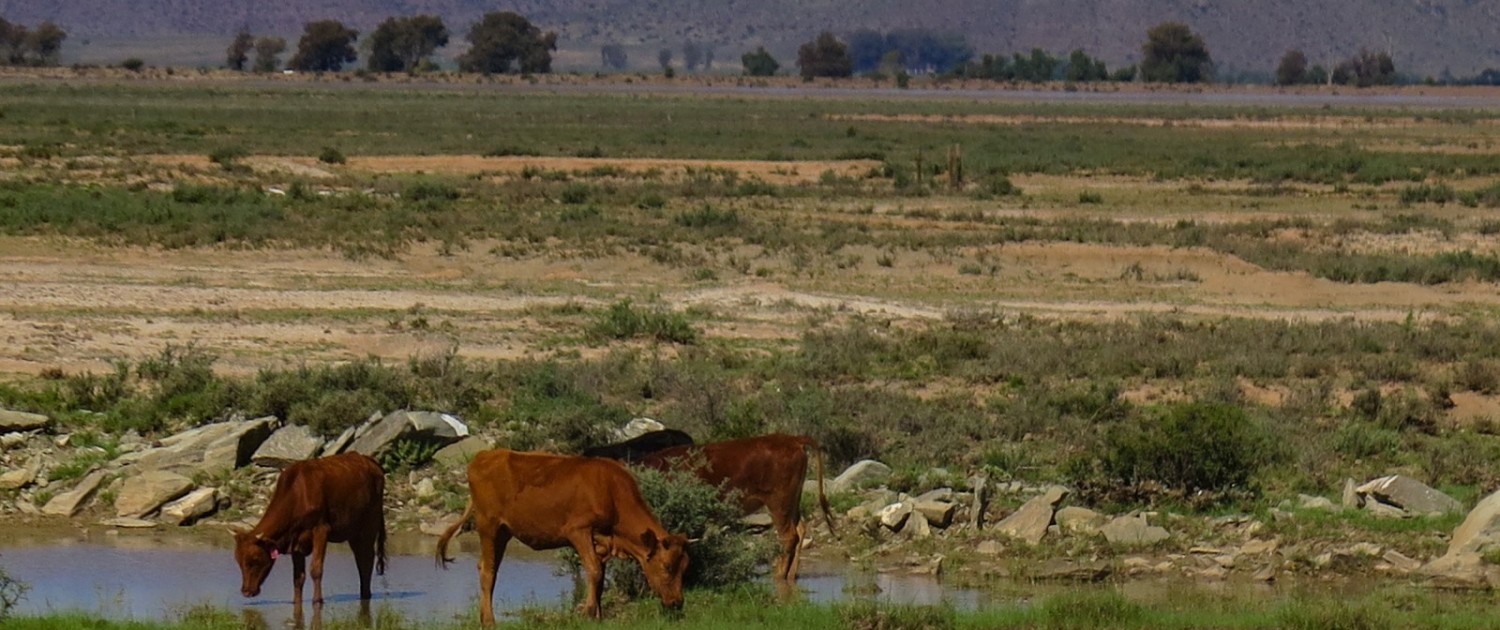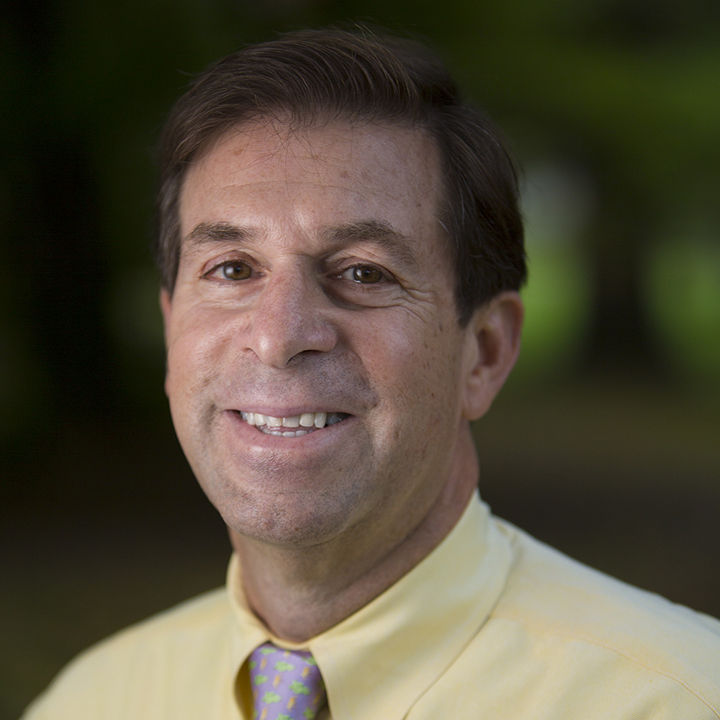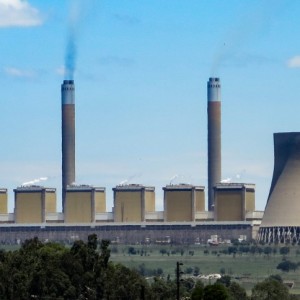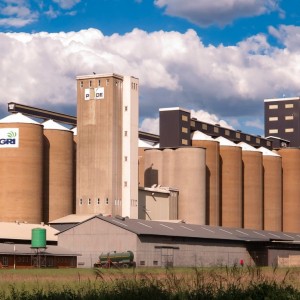
South Africa is in the grip of the deepest drought since the early 1960s. Crop land and pastures across the country, and here in the Karoo desert region near Graaff-reinet in Eastern Cape province, are experiencing extreme conditions of moisture scarcity. Photo © Keith Schneider / Circle of Blue.
By Keith Schneider
Circle of Blue
Kusile and Medupi were proposed in an era when water was a bit more abundant in South Africa and there were 16 million fewer people. Climate change has seized South Africa and is causing havoc in the country’s meteorological cycles, producing less moisture in a nation that is already among the world’s driest. It is conceivable that South Africa’s swiftly increasing population – nearly 1 million new residents a year now – could combine with severe water scarcity to seriously hamper the plants’ full operation.
Both plants, if completed in full, will each consume 26 million cubic meters of water annually (6.9 billion gallons) in two regions where fresh water is already in short supply. South Africa anticipated the need for a torrent of process water by building a $US 200 million, 121-kilometer (77-mile) pipeline that supplies water from the Vaal River to Kusile, and a $US 1 billion project to build two pipelines covering 209 kilometers (130 miles), pumping stations, and other water supply and storage infrastructure that taps the Crocodile and Mokolo rivers for Medupi.
This year, though, the effect of the deepest drought in 34 years is producing fresh evidence that neither the Vaal storage system nor the Crocodile or Mokolo rivers may have sufficient water in the 2020s and beyond to sustain agriculture, a fast-growing population, existing industries, and two gigantic power plants.
Lastly, South Africa’s pursuit of a coal-based energy strategy is pouring tens of millions of tons of climate-changing gases into the atmosphere that are not making the disruption in meteorological cycles any less urgent. Kusile and Medupi alone will produce almost 70 million metric tons of climate changing gases annually, according to Eskom estimates. That amounts to a 16 percent increase in South Africa’s current 440 million metric tons of carbon emissions.
Circle of Blue’s senior editor and chief correspondent based in Traverse City, Michigan. He has reported on the contest for energy, food, and water in the era of climate change from six continents. Contact
Keith Schneider





